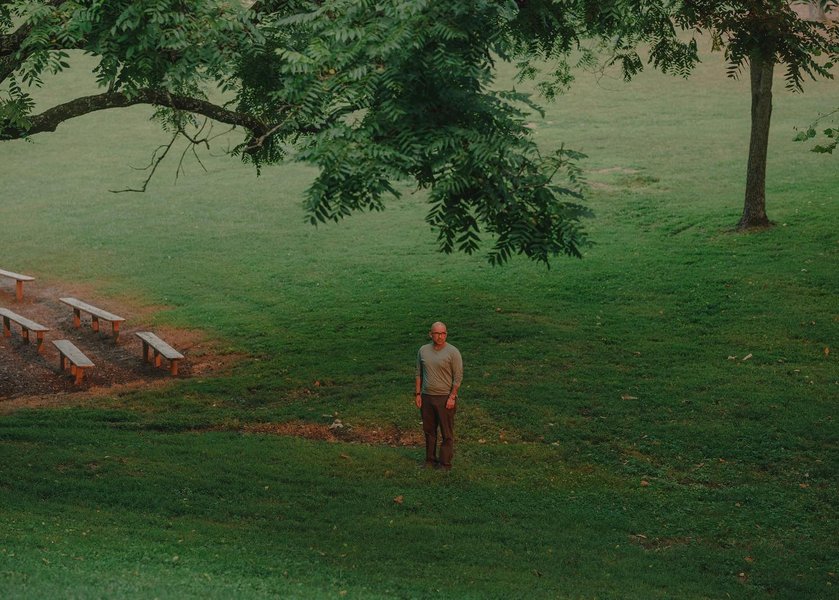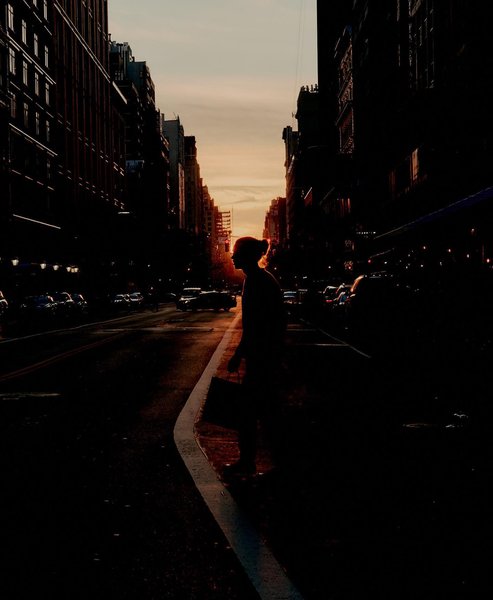Sublime
An inspiration engine for ideas
Photographer USA
Ashleigh Parker • 1 card
A few portraits of Tennessee High School teacher, Matthew Hawn, for a @nytimes story about the “culture war” happening in schools across the country.
“…in June, the school board dismissed Mr. Hawn after he assigned an essay by the Black author Ta-Nehisi Coates that examines the role of race in Donald J. Trump’s... See more
instagram.comSo grateful for this experience and all the amazing artists that got to work in this @nytmag issue.
Thank you to @kristen.geisler & @kathyryan for trusting me and making it all happen.
The issue is out this Sunday xoxo
instagram.com
In @Wolfgang_Tillmans’s @NYTimes interview about his forthcoming @TheMuseumofModernArt survey, Matthew Anderson writes: “It looks set to cement his position as one of the world’s most significant living artists, vindicating what he sees as a 35-year artistic mission.”
On view from September 12, 2022, through January... See more
instagram.comIn May, I had the incredible opportunity to spend two days photographing the United States Olympic Artistic Swim Team as they trained for the summer Olympics for the @nytimes. This year, the Olympic Committee began allowing men to compete alongside women. The story centered on Bill May, a prominent figure in artistic swimming and the first man to... See more
instagram.com(Two of four) More of my favorite work from the NYT mag design team in 2022.
Designs by @redithw, @bengrandgenett, @clauisru, @annie76828, and @sachichandiramani. Thanks again to our amazing contributors @jackdavisonphoto, @djeneba.aduayom, @sebastiannevols, @sharifhamza, and @littlebrownmushroom, and to @kathyryan and... See more
instagram.comI designed this publication as an example for my typography class.
Traditionally I taught typography through print. But I’ve increasingly brought more screen-based type assignments into the classroom. https://t.co/8zsxt59fD0
jakedugardx.comJosh Hartnett for the @nytimes . We talked about Birkenstocks and him starring in the new M. Night Shyamlan film, “Trap”. What an honor!
Assist: @iankline
Thank you to @amandalwebster for this assignment :)
instagram.com

































